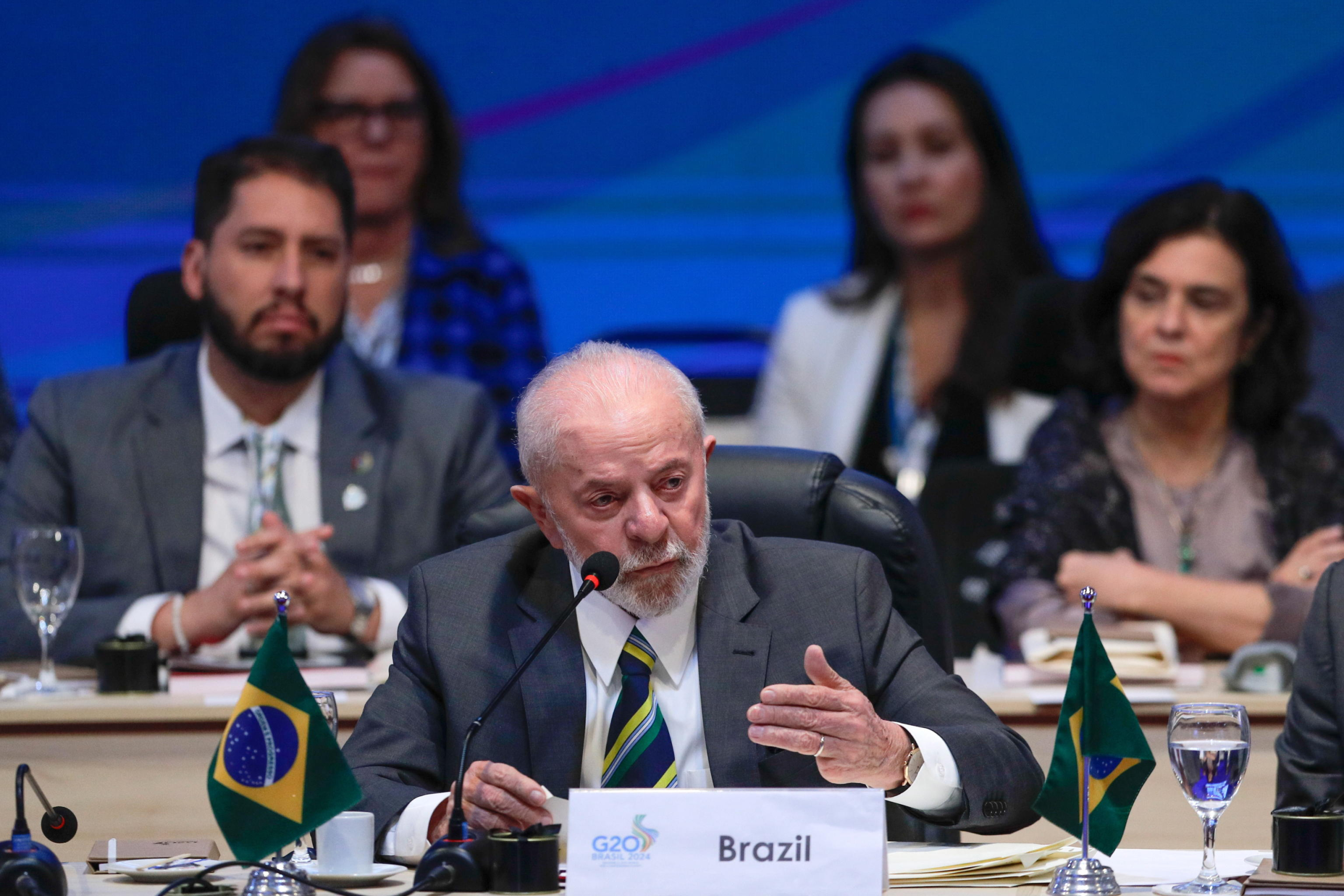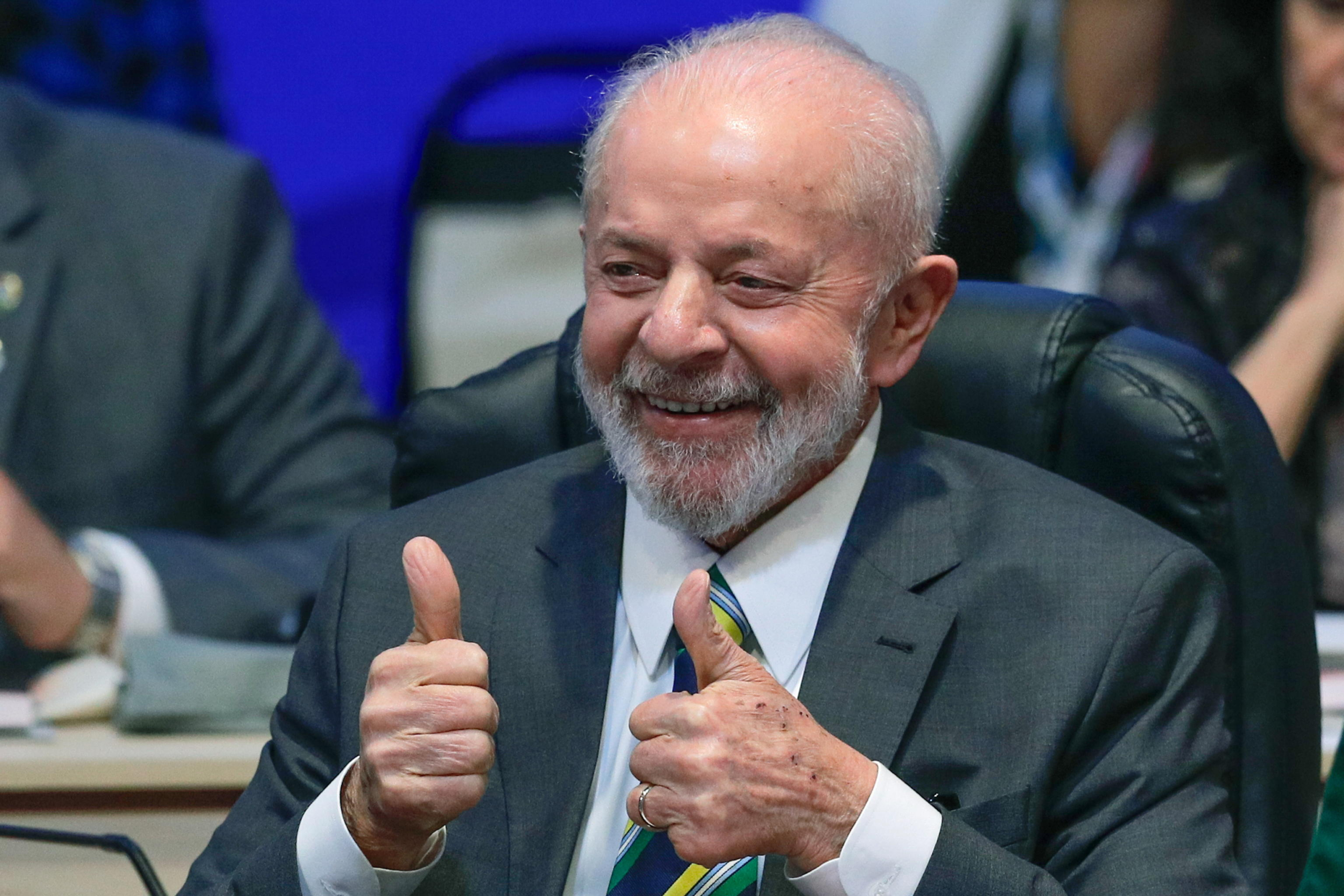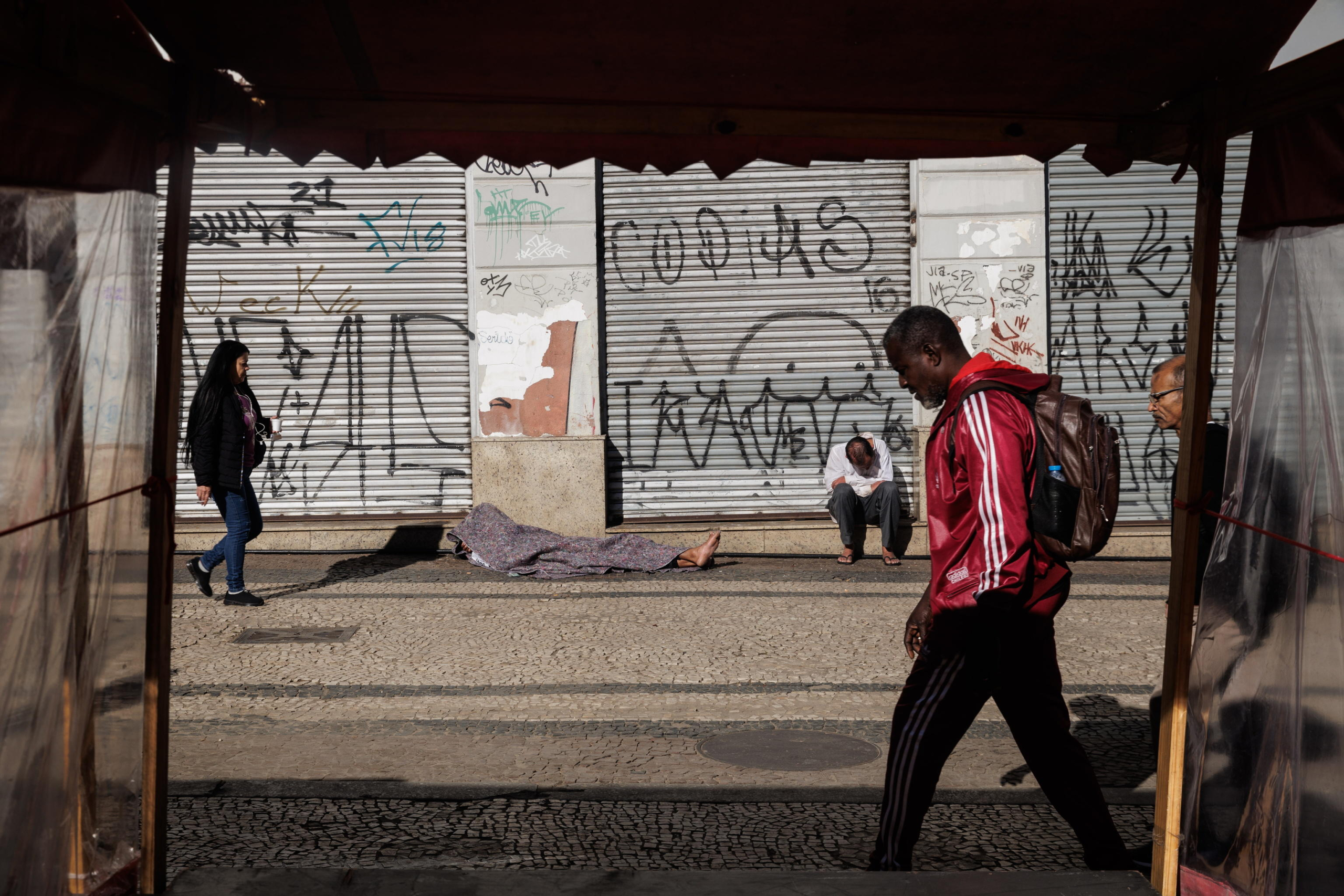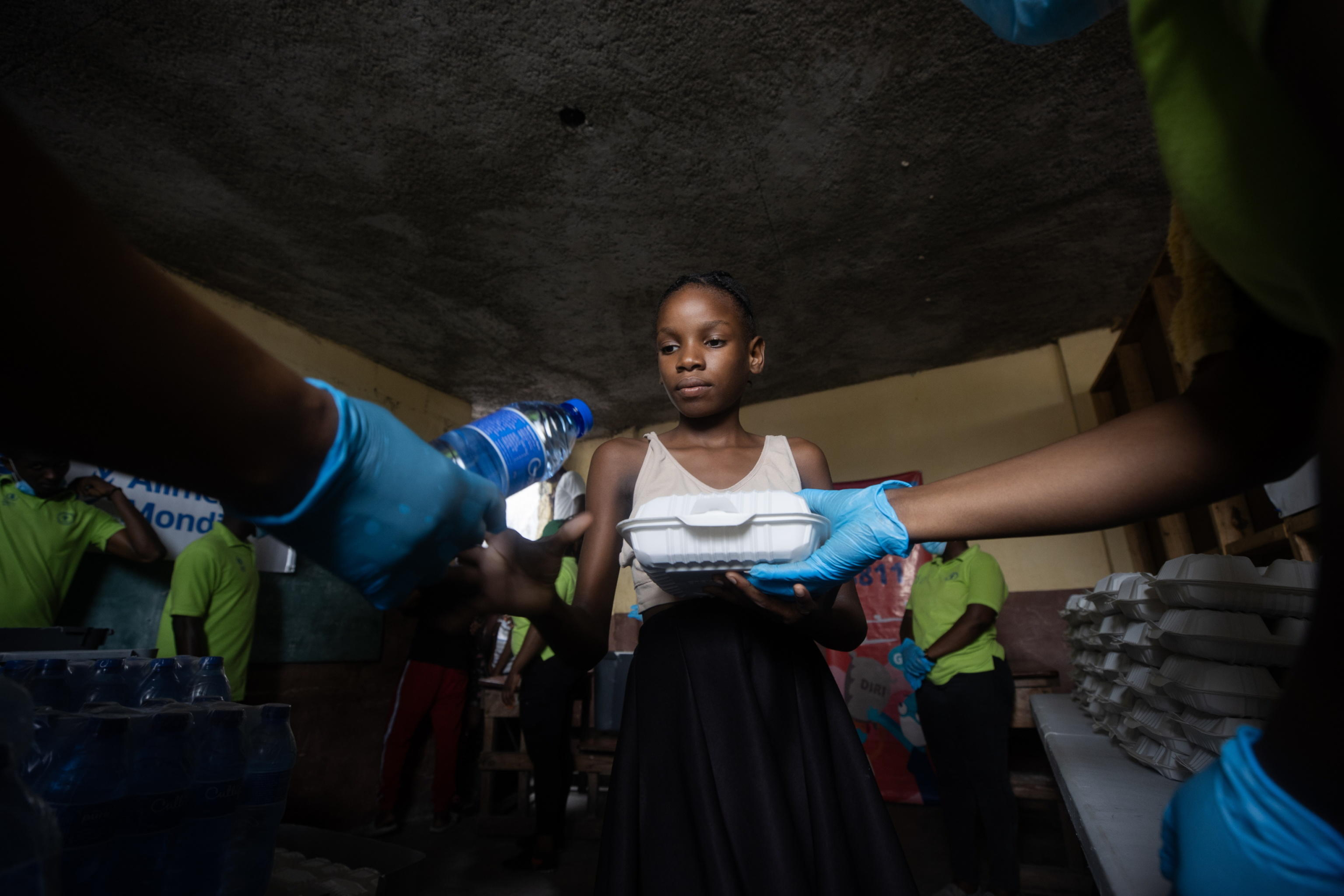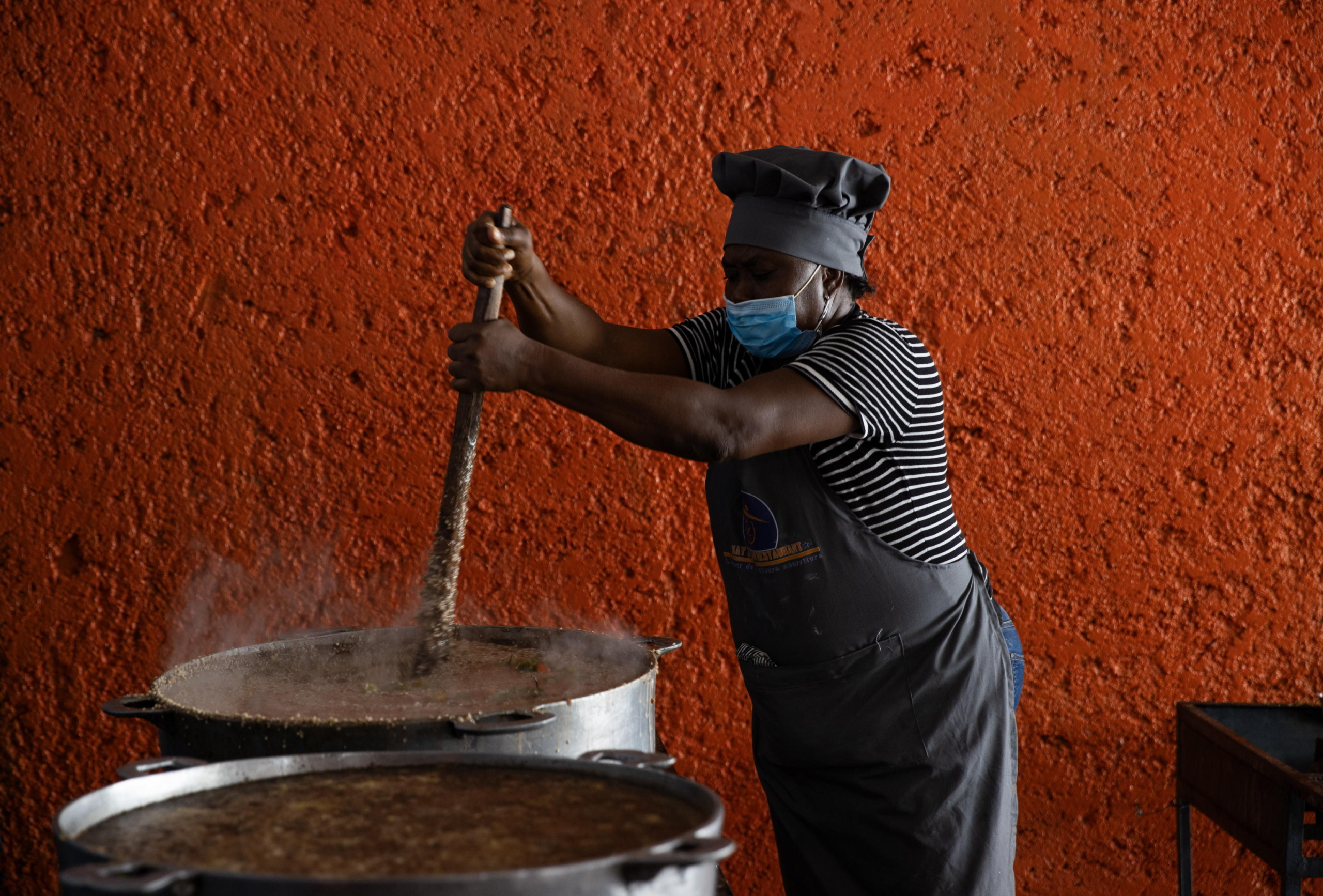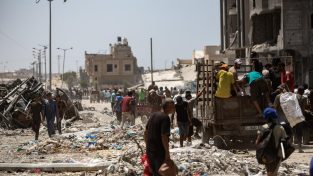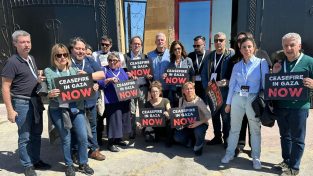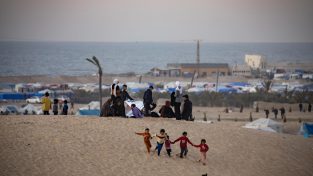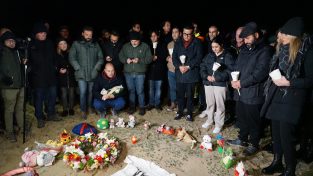Un’Alleanza globale contro la fame
Una persona su 11 ha sofferto la fame nel 2023, 733 milioni in tutto il mondo
Durante la riunione del G20 che dal 22 al 26 luglio vede riuniti a Rio de Janeiro, in Brasile, i leader dei Paesi industrializzati, ministri delle finanze e governatori delle banche centrali, è stata approvata la fondazione dell’Alleanza globale contro la fame e la povertà, la quale sarà gestita da un segretariato presso la Fao a Roma e a Brasilia.
Il presidente della Repubblica, Sergio Mattarella, ha già garantito l’impegno italiano in un’iniziativa che darà avvio il prossimo anno, e della quale saranno co-fondatori i Paesi che aderiscano da qui al vertice del G20 di novembre, quando verrà ufficialmente lanciata l’Alleanza.
In questo contesto, è stato presentato mercoledì 24 luglio il rapporto “Lo stato della sicurezza alimentare e della nutrizione nel mondo” (Sofi), secondo il quale l’obiettivo di sviluppo sostenibile “Fame zero” dell’agenda 2030 si presenta difficilmente raggiungibile. Lo studio rivela che 733 milioni di persone, 1 su 11 in tutto il mondo, hanno sofferto la fame nel 2023. La situazione è peggiorata in Africa, dove ha raggiunto il 20,4% della popolazione, nell’Asia occidentale e nei Caraibi.
Il rapporto, elaborato dalle agenzie Onu Fao, Ifad, Unicef, Pam e Oms, evidenzia inoltre livelli di malnutrizione paragonabili a quelli del 2008.
«La fame non è un fenomeno naturale, la povertà è un fenomeno legato al comportamento umano, quindi ai leader politici», ha denunciato il presidente brasiliano Luiz Inácio Lula da Silva, che ha messo la creazione dell’Alleanza al centro del G20.
«La fame – ha continuato il presidente – è la più degradante delle privazioni umane, è un attacco alla vita, un attacco alla libertà. La fame è l’espressione biologica dei mali sociali […] Finché ci saranno famiglie senza cibo in tavola, bambini per strada e giovani senza speranza, non ci sarà pace».
Lula ha altresì definito di “assurdo” e “inaccettabile” che fame e povertà continuino ad esistere «quando abbiamo a disposizione tanta abbondanza, tante risorse scientifiche e tecnologiche e la rivoluzione dell’intelligenza artificiale», al tempo stesso che aumentano le spese in armi: «Invertire questa logica è un imperativo morale di giustizia sociale ed è essenziale per lo sviluppo sostenibile che cerchiamo», ha concluso Lula.
